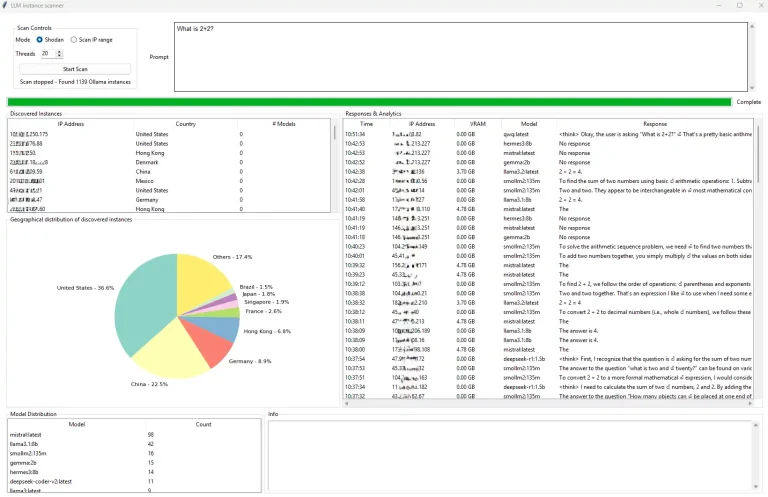
Dell has officially confirmed a cybersecurity breach and subsequent data leak within its IT environment, while emphasizing that the compromised files hold no real value. According to the company, the leaked data primarily consists of synthetic datasets used within a test infrastructure.
On Monday, July 21, the group WorldLeaks—formerly known as Hunters International—published a statement on its darknet site, claiming responsibility for the breach of Dell Technologies. The hackers asserted that they had exfiltrated 1.3 terabytes of data, encompassing 416,103 files, and demanded a ransom under the threat of public disclosure.
However, Dell representatives contend that the leaked information resided in the Solution Center environment—an isolated sandbox designed for product demonstrations and proof-of-concept testing. This environment is entirely disconnected from Dell’s production networks, customer and partner infrastructure, and service delivery systems. Its contents consist exclusively of either artificially generated records or publicly available test datasets used in scripts, logs, and debugging procedures.
The company declined to comment on the scope of the damage or the ransom amount, but reiterated that the stolen files contain no confidential data or information pertaining to actual users.
“Like many organizations, we continuously face online threats, including attempts to infiltrate our corporate systems. The security of our customers and partners remains our utmost priority,” Dell stated.
This is not the first such incident. In 2023, hackers claimed to be selling a database containing 49 million Dell customer orders. In May 2024, the company confirmed a data breach involving names, postal addresses, product order details, serial numbers, purchase dates, and warranty specifications.
What makes the WorldLeaks episode particularly noteworthy is its timing. Not long before the attack, the group announced its supposed dissolution and claimed to have released decryption keys to its former victims. However, analysts believe this move was less a disbandment and more a strategic rebranding. Within cybercriminal circles, traditional ransomware tactics are increasingly viewed as “inefficient, difficult to monetize, and excessively risky.” In their place, data theft followed by extortion—without deploying encryption—has gained traction.
Thus, Dell once again finds itself under pressure from cybercriminals. But if the company’s assessment of the leaked data is accurate, this extortion attempt will likely prove fruitless.






